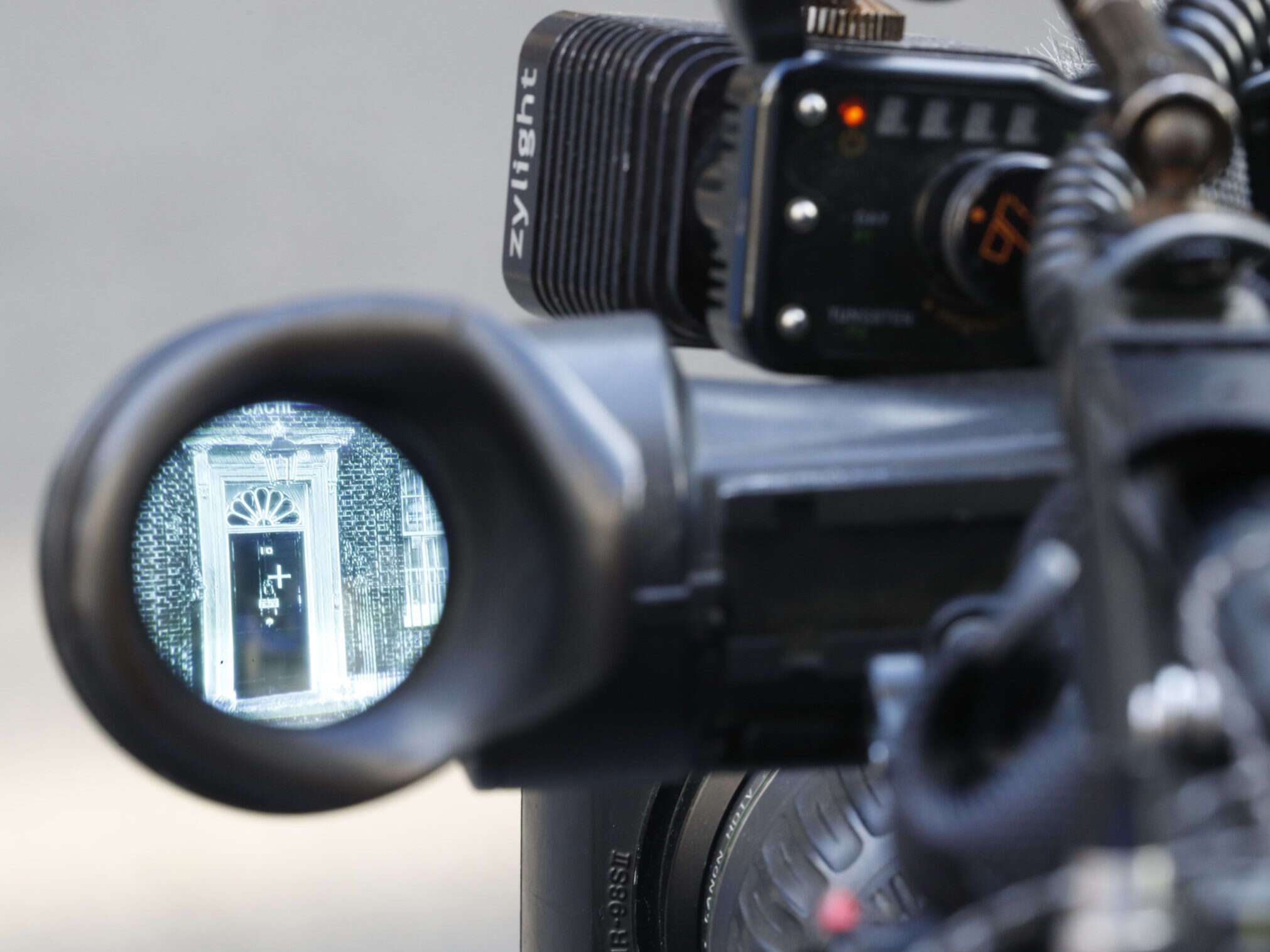
Yesterday’s rare outbreak of solidarity among Lobby journalists was as laudable as Number 10’s PR strategy appears to be petulant.
I hope that those political journalists banned from yesterday’s official government briefing, and those who stayed away in solidarity, used the time to get as many stories from unofficial sources as they could.
The twice-daily closed briefings by Number 10 to accredited political journalists are not organised for the benefit of openness or a free press – they surely seen by the Government as a way of controlling the news agenda.
Anyone who has watched the West Wing knows that the executive branch of government creates daily announcements to feed the press in order to keep them busy and control the media conversation.
Editor and owner of the Guido Fawkes political blog Paul Staines is a long-standing critic of the Lobby system and would like to see the briefings televised (as has been the case in the USA).
He says: “The best reporters don’t go to lobby briefings. We haven’t attended them because I don’t think you are going to get a scoop in a room full of journalists.”
Backers of the system argue that these twice-daily mini press conferences are an essential opportunity for journalists to grill Number 10 on the issues of the day which have been on the record since 1997. They argue that Downing Street wants to undermine these sessions because they expose the executive to uncomfortable scrutiny.
There is undoubtedly a benefit to us all in having a daily press conference where journalists get to ask questions and hold the government to account.
But how often do these briefings lead to news (in the sense of news being something someone wants suppressed)?
By televising the briefings, voters will be able to see exactly what has been said and possibly increase the chance of the occasional “gotcha” moment where we learn something the government did not intend to divulge.
It could also mean that – freed of the requirement to be physically present – reporters would have more time to dig out stories that Number 10 does not want reported.
Picture: Reuters/Phil Noble
Email pged@pressgazette.co.uk to point out mistakes, provide story tips or send in a letter for publication on our "Letters Page" blog
